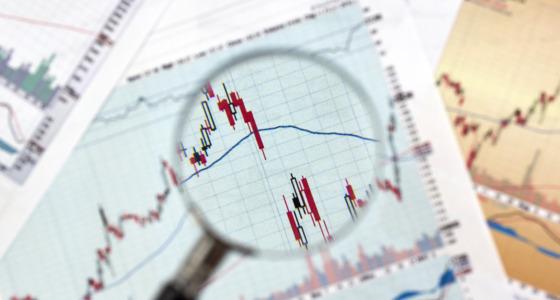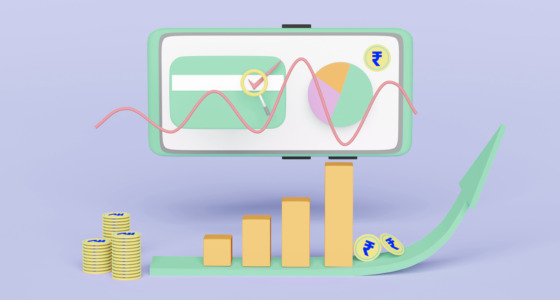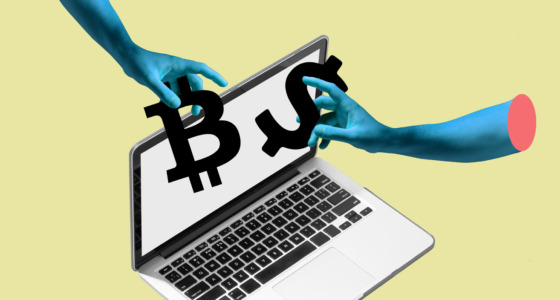

Trading can prove to be quite difficult and risky. It will only take a person the right guide to have a fair ride.
A smart forex money manager can use information gained to navigate/manage the high frequency and risk in the forex market, increasing the likelihood of a high return.
What is money management?
Money management in forex is allocating your trading capital to the appropriate positions after assessing the risk.
Successful Forex and CFD trading do demand discipline. In this business, in the long run, you must thoroughly understand the fundamental and essential components. The biggest factor contributing to traders losing money in forex and CFD trading may be inexperience. Emotional trading and disregarding money management fundamentals can raise risk and reduce reward. When trading in the markets, having the right money management skills is crucial because forex is, even in the good times, incredibly volatile.
Money management guidelines to develop your trading skills

When engaging in Forex or CFD trading, you need to understand that you will enter risky scenarios and accept this as a requirement. Trading involves a lot of dangers, but there are a lot of strategies to cut those risks.
Your chances of succeeding in forex trading depend on how well you can put these money management rules into practice. It would be best if you used these guidelines as a guide before making any trades.
1. Make use of correct positioning sizing
Trading coaches frequently advocate the 2% rule. It is a negligibly small amount for each trade. Accordingly, this is a sensible risk management and trading method. A trader should always keep the trade scope relatively limited to the size of the trading account because of how unpredictable the market is and how susceptible it is to market shocks. This will ensure they are easy to recover from and safeguarded against the effects of multiple losses.
2. Trade only with funds that you can afford to lose
The secret to effective business trading is the capacity of traders to optimize every trading opportunity skillfully. The likelihood that a trader may lose money tends to rise when there is a lot of emotion involved.
3. Consider the relationship between currencies
Two currencies will move in unison if they are positively correlated. To avoid opening several positions that cancel each other, follow the forex money management rule of being mindful of commodity risk-to-reward after subjecting your position to the risk of fluctuating commodity prices.
4. Calculate the ideal risk-to-reward ratio
The potential return an investor can expect from an investment or trading is known as the risk-to-reward ratio. To calculate the projected return of any amount risked, the ratio is utilized. To arrive at this ratio, a trader’s money will incur if the currency pair squares in a particular direction are divided by the anticipated when the position is closed. The general trading rule states that traders should strive for trades that are typically twice as large as the losing deals.
5. Use the stop-loss and take-profit techniques
Currency traders can fully control the risk and rewards by using stop-loss orders. This mechanism enables traders to set a per-trade maximum loss while utilizing a take-profit order to lock in the maximum gain. However, there are certain drawbacks to employing these order types. One observes that the stop-loss is only activated when a trade reverses to the take-profit level.
6. Maintain a constant risk level
When you first start seeing results trading forex, you may feel the need to enlarge your position. Unfortunately, it’s one of the toughest ways to lose all of your trading. Learn to maintain a constant level of risk. Setting a daily risk limit of 2% – 3% to secure the trades and capital is one way to go about it.
Money management tips
With the above rules, managing trading risk is feasible. To make trading more beneficial :
- Do not invest money you can’t spare
- Close your trade once you hit your target
- Implement stops and limits per position in every trade.
- Do not try luck when trading. Be precise.
- Always have a target to fix a reasonable S/L and T/P

Benefits of money management
- Financial security
- More income
- Psychological and mental balance
- You get better at the job
Conclusion
Trading is complex, and even if you know how to trade, there are some rules that you should follow to be successful. It is a skill requiring patience and just the right level of discipline to be mastered. With the right guide, you are on your way to making lesser losses and more profits








